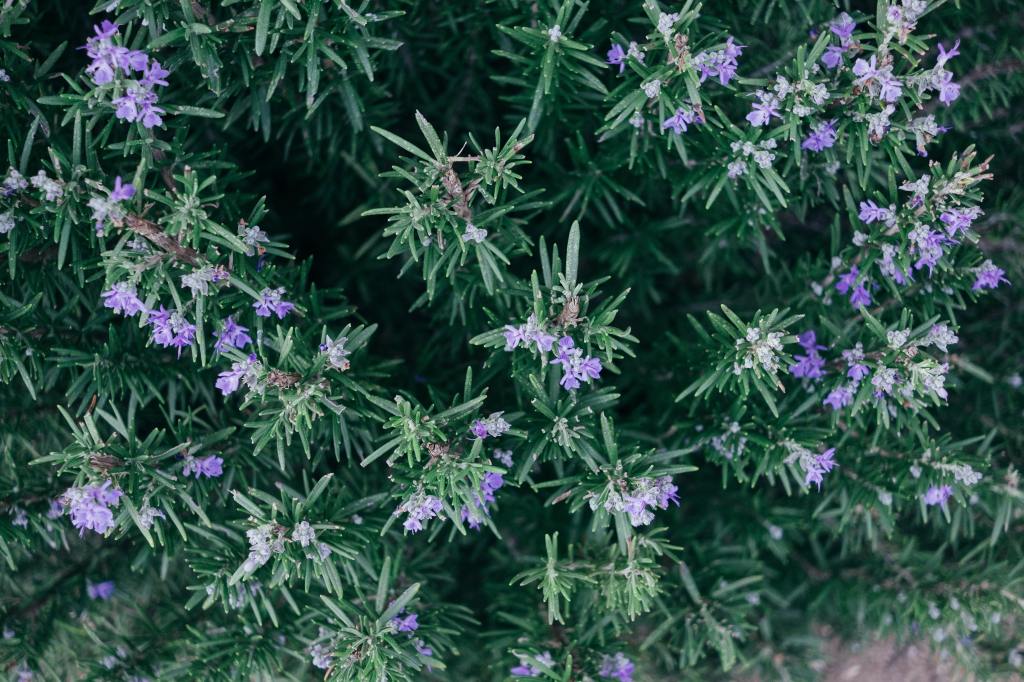Rosemary – Rosemarinus Officinalis
Folk Names: Compass Weed, Dew of the Sea, Elf Leaf, Polar Plant
Gender: Masculine
Planet: Sun
Element: Fire
Powers: Exorcism, Healing, Love, Lust, Mental Powers, Protection, Purification, Sleep, Youth
Magical Uses and History: “As for Rosemarine, I lett it runne all over my garden walls, not onlie because my bees love it, but because it is the herb sacred to remembrance, and therefore, to friendship…” -Sir Thomas Moore
Rosemary has a long and rich history of being used to enhance memory and to remember the dead. In fact, its powers of enhancing memory are so well known that Shakespeare mentions it in his play Hamlet and Romeo and Juliet. Ancient Greek scholars wore wreaths of rosemary on their brow (the typical wreaths they are often portrayed wearing) to improve memory, especially during exams. Wear rosemary to enhance memory or burn it on charcoal and smell its smoke to receive knowledge.
In the Middle Ages, rosemary became a popular herb for dispelling negativity. When burned it emits powerful cleansing vibrations and can be used to get rid of negativity without performing magic. Wreaths can be displayed in the home to ward off negativity and encourage happiness in the home.
Rosemary also aids in sleep and prevents nightmares. Furthermore, it can be used as a wash to encourage youthfulness, attract love, or as a hand wash before performing healing magic. Burning rosemary and juniper berries in sickrooms will promote healing as well.
Rosemary can be used in a number of spells including:
– Protection Magic
– Healing Spells
– Purification
– Wards
– Attract Wisdom
– Memory Enhancement and Remembrance
– Funeral Magic
Medicinal Uses: Rosemary acts on the circulatory and nervous systems as a stimulant, hence why it is able to enhance memory and treat depression and headaches. Furthermore, it can be used to calm and tone digestion. Externally it can be used to ease muscle pain and to stimulate hair growth, especially for those suffering from premature baldness. Oil is the most effective. For depression, it can be mixed with Skullcap, Kola Nut, or Oats.
Preparation and Dosage: The leaves and twigs can be gathered throughout the summer, but are best when the plant is flowering. Internally rosemary can be taken as an infusion, tincture, or oil. To make an infusion pour 1 cup of boiling water onto 1-2 teaspoons full of dried herb and infuse for 10-15 minutes. Drink up to three times a day. Rosemary oil can be taken internally per directions to speed up the recovery time from an illness. As a tincture take 1-2 milliliters three times a day. Externally rosemary can be used as an oil to soothe bruises, skin irritations, stimulate hair growth, or ease muscle pain. This should not be made yourself and follow the directions on the bottle. Women who are pregnant should not use rosemary oil.
Reference : https://www.flyingthehedge.com/2015/01/herbarium-rosemary.html?m=1#aa






Leave a comment